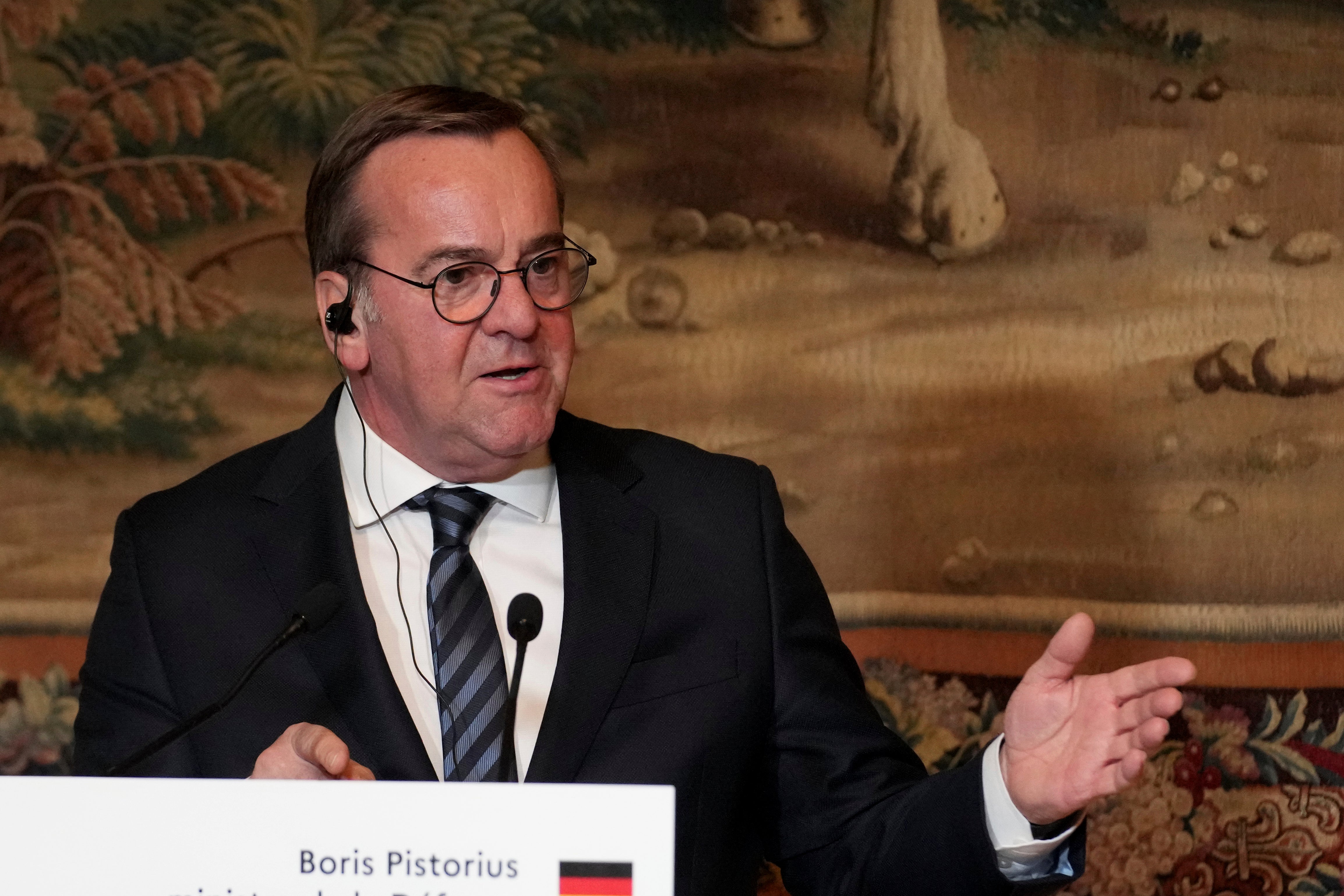Germany's defense minister says damage to 2 Baltic data cables appears to be sabotage
Germany’s defense minister says officials have to assume that damage to two data cables under the Baltic Sea, one of which ends in Germany, was caused by sabotage — though he says they have no proof at present

Germany's defense minister said Tuesday officials have to assume damage to two data cables under the Baltic Sea, one of which ends in Germany, was caused by sabotage — though he said they have no proof at present.
Damage was detected Monday to the C-Lion1 cable that runs nearly 1.200 kilometers (750 miles) from the Finnish capital, Helsinki, to the German port city of Rostock. Another cable between Lithuania and Sweden was also damaged.
Speaking in Brussels, German Defense Minister Boris Pistorius said that Russia poses not just a military but also a hybrid threat, and that Europe needs to take a broad approach to defense. He said the damage to the two cables was “a very clear sign that something is afoot."
“No one believes these cables were severed by mistake, and I also don't want to believe versions that it was anchors that by chance caused damage to these cables,” he said at a regular meeting of European Union defense ministers.
“So we have to state — without knowing in concrete terms who it came from — that this is a hybrid action. And we also have to assume — without already knowing it, obviously — that this is sabotage.”
The foreign ministries of Finland and Germany had already said Monday evening that the damage raised suspicion of sabotage.
They said in a joint statement that the damage comes at a time that “our European security is not only under threat from Russia‘s war of aggression against Ukraine, but also from hybrid warfare by malicious actors.”
The statement said the countries were investigating the incident, and that it was crucial that such “critical infrastructure” be safeguarded.